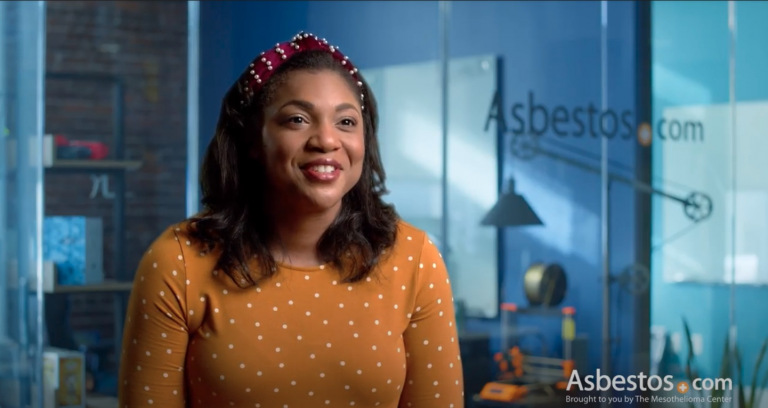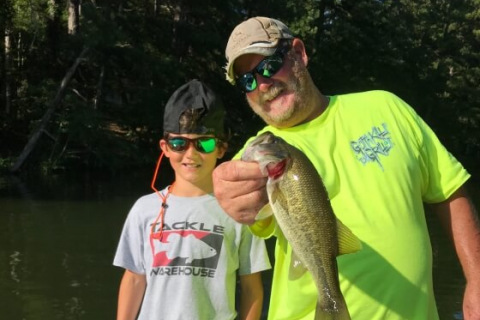Mesothelioma Survivor Stresses the Importance of a Second Opinion

Fact Checked | Written by: Tamron Little | Last Update: 07/02/2025 | 4 Min Read
When it comes to dealing with physicians and other health care professionals, some people are afraid to ask questions and express their feelings. Some don’t bother to research whatever illness the doctor told them they have.
We’re living in a time where technology is right at our fingertips. I am sure Google is one of everyone’s most frequently visited sites. Technology has enabled all of us to look up everything, including medical information.
It’s important for us all to be our own patient advocates. If that means taking steps to get a second opinion, by all means, get your second opinion.
The initial doctor who told me I had peritoneal mesothelioma was the OB-GYN who delivered my son Caleb. Cancer wasn’t his specialty, therefore he referred me to an oncologist.
Malignant mesothelioma is a very rare cancer, plus this was in 2007, and I was just 21 years old. My case was as rare as you can get, so I figured the oncologist I was referred to would know more about the cancer than I did. Well, I was wrong about that.
First Impressions Count When Finding a Doctor
During my first visit with this oncologist, I felt as if he was leading me nowhere, blindfolded. Yep, it was that bad. He was honest and said he didn’t know anything about peritoneal mesothelioma.
So here came my questions:
- Me: “Do you know of any doctors who specialize in this specific cancer?”
- Doctor: “Well, no, not right offhand. I doubt if there is one on this side of the country.”
- Me: “Oh, wow. Really? So, is there anything you can do? What’s the treatment plan?”
- Doctor: “As of right now, I can’t really give you a definite answer. Since your platelet counts and hemoglobin are low I will monitor that to make sure it doesn’t get out of hand.”
At this point all I can do is stare. I look at my husband and my mom.
- My Husband: “What you are saying is, there’s no treatment?”
- Doctor: “Well, there is a possibility of surgery, but we’re going to monitor her for a while and then take it from there.”
I still have a blank stare and at this moment I am sort of frustrated. Then I think to myself, “Oh. I am getting a second opinion.”
When You Know, You Know
I was a compliant patient and went to see the first doctor a couple more times, but after that horrific first visit I was more determined than ever to find a mesothelioma specialist.
My mom was just as determined as I was. She worked for another hospital system in the area. Her coworkers had already learned about my diagnosis and had gathered information about a local specialist. They spoke with their colleagues on the specialist’s team and got me an appointment within a couple of weeks.
The very first time I met Dr. Edward Levine, I knew this was the doctor I had been waiting and praying for. He was very confident and knowledgeable, and shared facts my family and I didn’t know about peritoneal mesothelioma. This experience was night and day from the first oncologist I had seen.
It was the first time since the diagnosis that I felt a calmness in my spirit. I knew it was God who sent me to Dr. Levine – a doctor who not only specializes in peritoneal mesothelioma but was one of the pioneers of the groundbreaking HIPEC treatment. He was right under my nose, in the same city I lived and grew up in.
Seeing a specialist is just that – special! They are more knowledgeable and have more experience in their area of expertise. Seeing a specialist is vital to your mesothelioma journey.
I encourage all mesothelioma patients to seek a second opinion, especially if you don’t agree with the findings or know that the doctor isn’t a specialist. It’s OK to disagree with your doctor and ask if they know of a specialist who can assist you further.
One vital thing for all patients to remember is that you must be your own advocate. Do your research, ask your questions and don’t feel bad about it!






